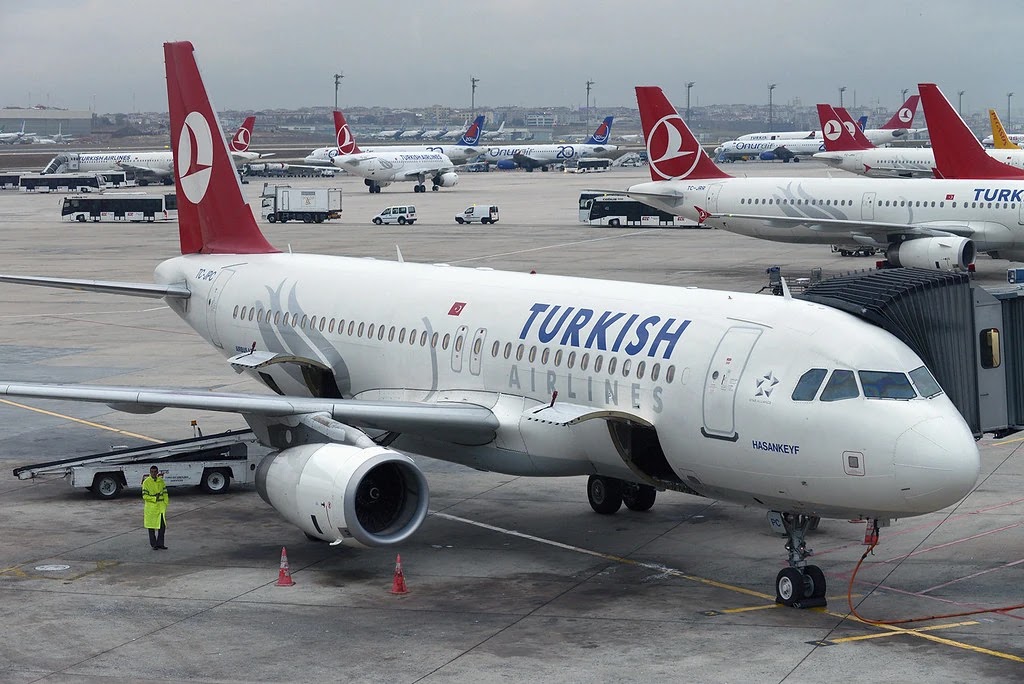Engine production and Quality Concerns stall Turkish Airlines’ expansion plans.
Key Points:
- Turkish Airlines' announcement of a record 600 aircraft order was postponed due to escalating engine production and quality issues.
- Raytheon Technologies (RTX) recalls about 1,200 turbofan engines for Airbus A320neo, further exacerbating industry delays.
- Despite the setback, Turkish Airlines aspires to double its fleet and serve 170 million passengers annually by 2033.
ISTANBUL — Turkish Airlines' ambitious initiative to announce a monumental order for 600 new aircraft was recently put on hold. While the airline had initially aimed to disclose this historic procurement during events such as the IATA AGM in Istanbul and the Paris Air Show in June, concerns over engine production and quality have since intervened, causing the delay.
The proposed order, as outlined by Chairman Ahmet Bolat, would consist of a diverse fleet. This would include 400 narrowbody jets, split between Airbus A320neos and Boeing 737 MAXs. Additionally, 200 widebody aircraft comprising Airbus A350s, Boeing 787s, and 777-9s were on the list. "Our decision-making process includes evaluating aircraft types, engine types, and potential maintenance contracts," commented Murat Seker, Chief Financial Officer at Turkish Airlines, explaining the lack of an official announcement.
Several engine manufacturers have faced challenges recently, stemming in part from the swift resurgence in air travel demand post-pandemic. This surge has pressured both aircraft and engine producers, who find themselves grappling to meet the heightened demands. A prime example of these challenges was observed at Raytheon Technologies (RTX), the parent entity of Pratt & Whitney. In July, RTX recalled approximately 1,200 geared turbofan engines designated for Airbus A320neo planes due to an unusual condition in the engine's powdered metal, resulting in premature wear of some components.
Further exacerbating the industry's strained delivery schedules, RTX plans to initiate inspections on over 200 of the aforementioned recalled engines in September. This thorough evaluation is anticipated to span almost a year, leading to additional delivery delays for several airlines and operators. Such issues have already impacted carriers like Indian low-cost airline IndiGo, which awaits delivery for about 480 aircraft. Similarly, Go First attributes its May bankruptcy filing to technical difficulties with Pratt & Whitney engines.
Despite these challenges, Turkish Airlines' vision remains grand. Already boasting the title of the world's largest commercial airline—serving approximately 340 destinations in 126 countries—the carrier has set its sights higher. By 2033, the airline aims to serve an impressive 170 million passengers each year and grow its fleet from nearly 400 to 800 aircraft, underscoring its commitment to global expansion.

